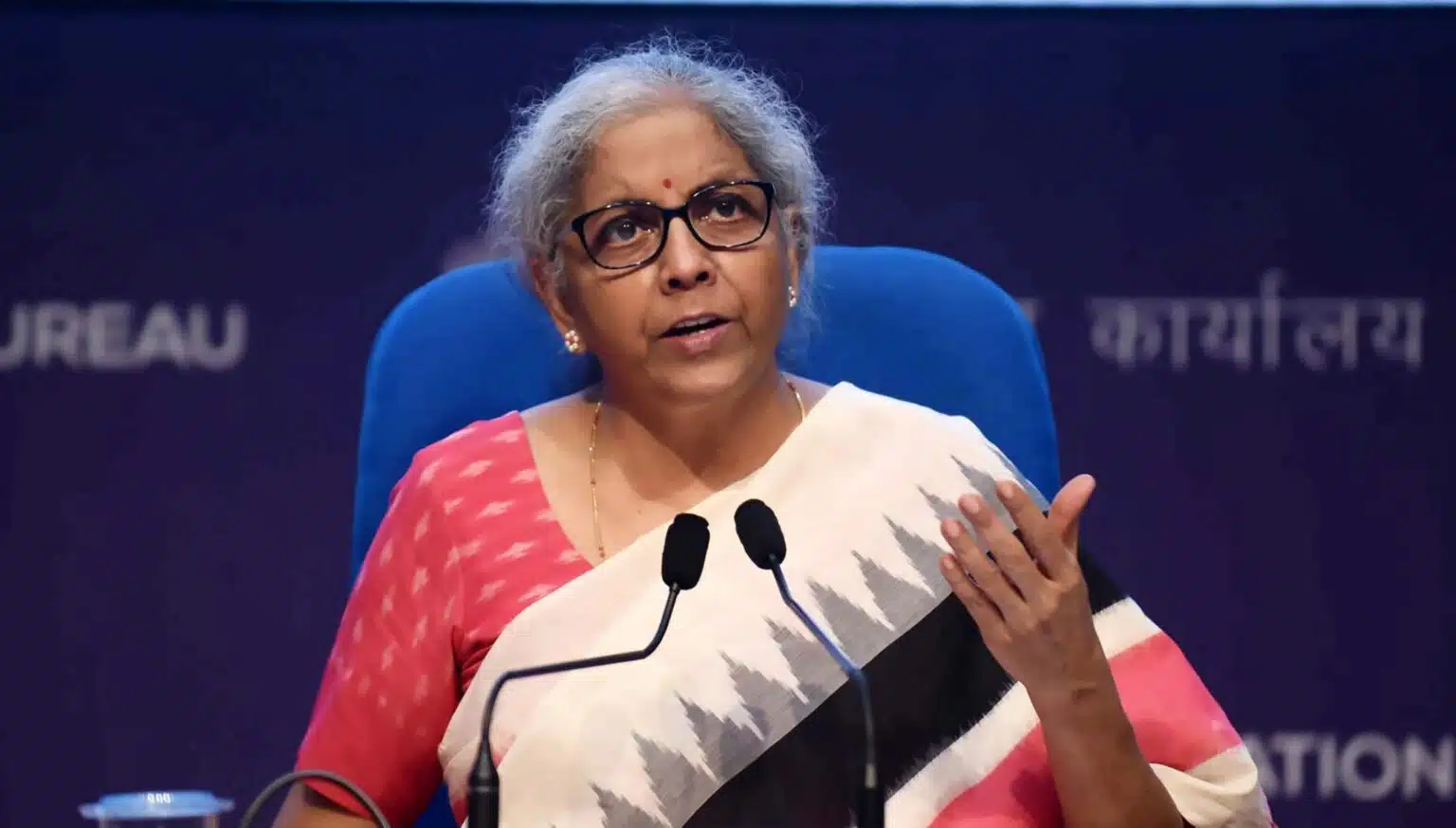In India, there has been a steady increase in the number of influencers providing financial and investment advice, often without the necessary qualifications. This trend has had negative consequences in some cases, particularly in recent start-up listings.

In India, the rise of financial influencers who lack the qualifications to dispense investment advice has become a cause for concern. With no regulatory framework yet in place by the Securities and Exchange Board of India (SEBI) and the Reserve Bank of India, these influencers have become a potential risk for investors. They often provide investment advice that can induce stock price movements, and their actions can be detrimental to recent listings.
The Rise of unqualified financial influencers in India
Financial influencers typically cater to layman investors by providing information on stocks and advising them on investments in equity and other financial markets. However, without the proper qualifications and regulatory oversight, their advice can be unreliable and potentially harmful to investors. As such, investors need to exercise caution and rely on trusted sources of financial advice when making investment decisions.
Unregistered financial influencers can be held liable for violating the Prohibition of Fraudulent and Unfair Trade Practices regulations, which are aimed at protecting investors from fraudulent and unfair practices in the securities market.
Financial influencers, who are not registered with Sebi, violate the regulatory norms set by the authority. They use social media to provide stock tips and advice on investments to layman investors, which is illegal. These influencers buy shares of a company through trading accounts and promote them among their subscribers, leading to an increase in the stock price. They then sell their pre-acquired shares, making huge profits for themselves.
Steps were taken by SEBI to curb misleading advertising
The Finance Minister, Nirmala Sitharaman, has mentioned the need for regulations for social and financial influencers. However, she has stated that there is currently no proposal for regulating them and that the ministry is waiting for a proposal from either Sebi or the central bank.

Investors should exercise caution when taking financial advice from influencers, as many may not have the necessary qualifications or may have ulterior motives. To combat this issue, SEBI has released an advertisement code aimed at preventing misleading advertising by investment advisors and research analysts.
However, it remains to be seen whether this will effectively curb the influence of unqualified financial influencers who attempt to manipulate the market for their gain. SEBI has indicated that it is working on regulations to govern the growing base of financial influencers on social media, with the goal of strengthening the regulatory framework surrounding advice provided by unregistered individuals.
The rise of unqualified financial influencers in India has been a cause for concern, particularly in the context of recent start-up listings. Such influencers can be penalized for violating regulations against fraudulent and unfair trade practices. Social media platforms used by these influencers, including YouTube, WhatsApp, and Telegram, are regulated by the Information Technology Act and its rules.
There is a growing need to regulate the unregulated financial influencer community, especially as some of them operate with the intention of defrauding retail investors. However, India currently lacks regulations for financial influencers, unlike developed countries such as the US, UK, Canada, Australia, and the EU. In these countries, laws require financial influencers to disclose their relationships with companies and potential conflicts of interest when promoting securities. While such laws may work in developed nations with a higher literacy ratio, mere disclosure may not be sufficient in India, according to Rajat Mohan, a Senior Partner at AMRG and Associates.













